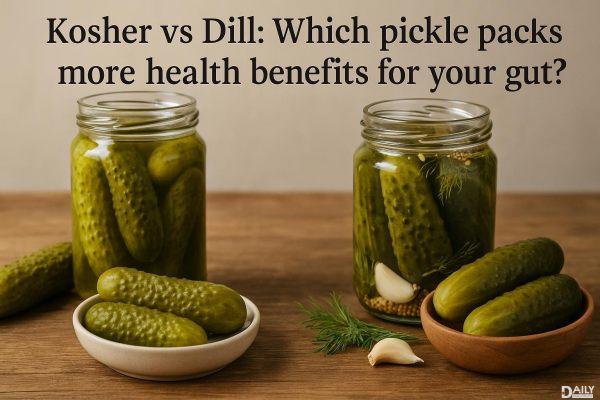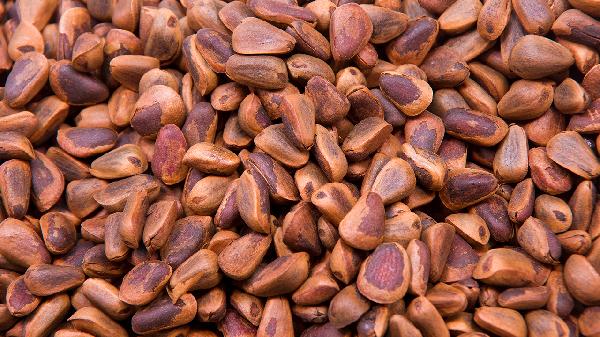If you're worried about high cholesterol but can't imagine life without cheese, here's some good news—certain cheeses can actually be part of a heart-healthy diet. While it's true that many cheeses are high in saturated fats, not all cheeses are created equal. Some varieties offer nutritional benefits that can support heart health, especially when enjoyed in moderation. The key is choosing the right types and balancing them with other nutrient-dense foods.

Cheese often gets a bad rap because of its saturated fat content, which has been linked to higher LDL (the "bad" cholesterol). But recent research suggests that the relationship between cheese and heart health isn't so black and white. Some cheeses contain compounds like conjugated linoleic acid (CLA), calcium, and probiotics that may help improve cholesterol profiles. Plus, cheese is packed with protein and essential nutrients like vitamin B12, phosphorus, and zinc. The trick is opting for cheeses that are lower in sodium and higher in beneficial fats while keeping portion sizes reasonable—think a serving about the size of a pair of dice.
Swiss cheese stands out as one of the better options for those watching their cholesterol. It's naturally lower in sodium compared to many other cheeses, and it contains higher amounts of vitamin K2, which helps direct calcium to your bones instead of your arteries. The fermentation process also produces probiotics that support gut health, which is increasingly linked to heart health. A 1-ounce serving of Swiss has about 8 grams of protein and only 5 grams of fat, making it a relatively lean choice. Try pairing it with apple slices or whole-grain crackers for a satisfying snack that won't wreck your cholesterol goals.
Goat cheese (chèvre) is naturally lower in cholesterol and calories than many cow's milk cheeses. It contains medium-chain fatty acids that are metabolized differently than the long-chain fats found in other dairy products, potentially making them less likely to contribute to cholesterol buildup. Goat cheese is also easier to digest for many people because of its different protein structure. The creamy texture means a little goes a long way in terms of flavor—crumble it over salads or spread it on whole-grain toast with a drizzle of honey for a heart-smart treat.
Often overlooked in the cheese discussion, cottage cheese is a stellar choice for heart health. Opt for the low-fat or non-fat varieties to minimize saturated fat while still getting a whopping 14 grams of protein per half-cup serving. The high protein content helps keep you full, which can prevent overeating less healthy options later. Cottage cheese is also rich in calcium and phosphorus, both important for maintaining healthy blood pressure. For a cholesterol-friendly breakfast, top it with fresh berries and a sprinkle of flaxseeds for added fiber and omega-3s.
Parmesan might seem like an indulgence, but its intense flavor means you can use far less than other cheeses while still satisfying your cravings. Aged cheeses like Parmesan contain higher levels of bioactive peptides that may help lower blood pressure. Plus, it's naturally lower in fat than many softer cheeses—a tablespoon of grated Parmesan has only 1.5 grams of fat. Because it's so flavorful, you can sprinkle it over roasted vegetables or whole-wheat pasta to add richness without going overboard on portions. Just be mindful of the sodium content and balance it with other low-sodium foods throughout the day.
Feta cheese, traditionally made from sheep's or goat's milk, is another smart pick. It's lower in calories and fat than many other cheeses, and the Mediterranean diet—which includes feta—has been consistently linked to better heart health. Feta contains calcium and vitamin B6, both important for cardiovascular function. The briny flavor pairs perfectly with heart-healthy ingredients like olives, tomatoes, and olive oil in salads. Just remember that feta can be high in sodium, so rinse it briefly under water before using if you're watching your salt intake.
While these cheeses can be part of a cholesterol-conscious eating plan, balance is everything. Pair them with plenty of fiber-rich foods like vegetables, fruits, and whole grains to help manage cholesterol absorption. Pay attention to portion sizes—even healthier cheeses can contribute to saturated fat intake if you overdo it. Consider cheese as a flavor accent rather than the main event in your meals. And don't forget that overall dietary patterns matter more than any single food—regular exercise, stress management, and a diet rich in plants will do more for your heart health than any cheese alone.
At the end of the day, you don't have to banish cheese from your life to keep your cholesterol in check. By choosing smarter varieties and enjoying them mindfully, you can satisfy your cravings while still taking care of your heart. Remember that everyone's body responds differently to dietary cholesterol, so it's worth getting your levels checked periodically and adjusting your intake accordingly. With these cheese picks in your rotation, you can have your (cheese)plate and eat it too—without the guilt trip.
























